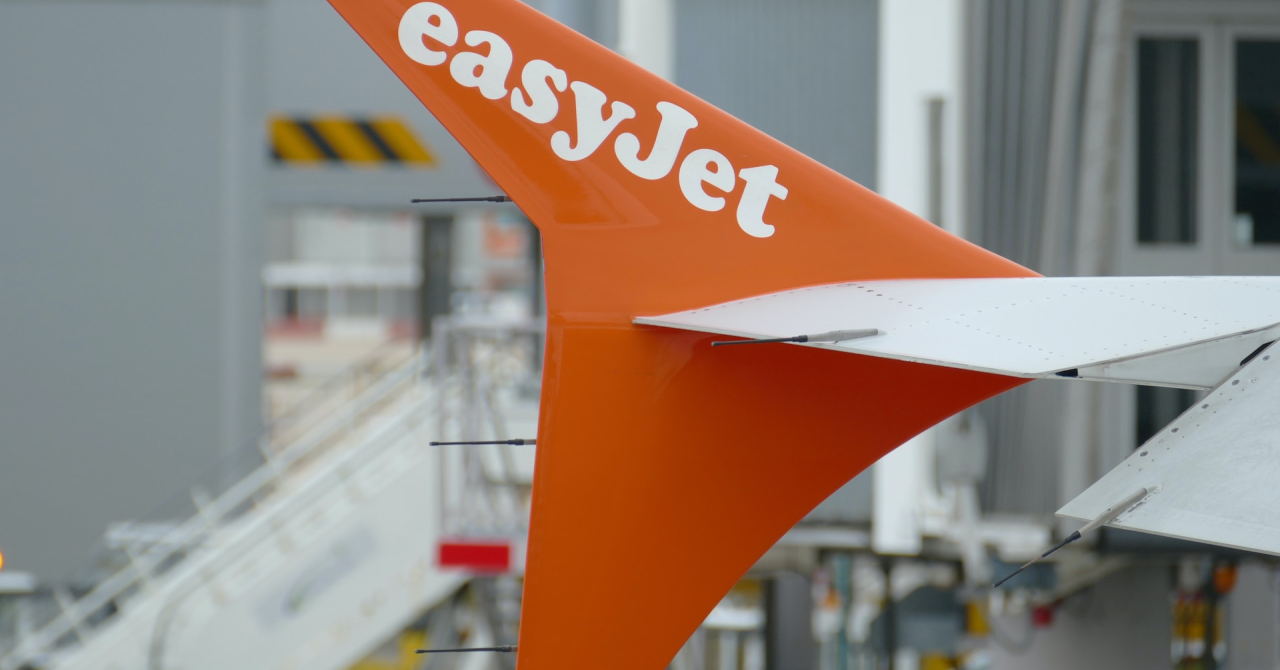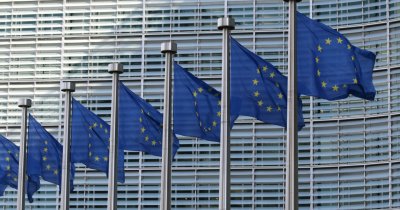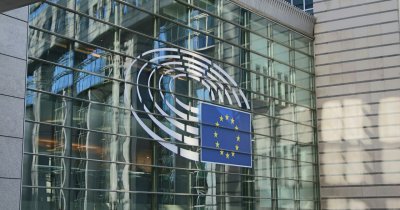ESG Today writes that easyJet released the company's net-zero roadmap in 2022, outlining the airline's effort to reduce its impact on the environment and to achieve net-zero emissions while operating its planes by 2050.
easyJet officials said that the company aims to reduce the carbon footprint per passenger by 78% before mid-century, with residual emissions being captured by special units and stored underground permanently.
Thomas Haagensen, Group Markets Director at easyJet, said that "decarbonizing a hard to abate sector, such as aviation, is a huge challenge and we believe carbon removal will play an important role in addressing our residual emissions in the future, complementing other components to help us achieve our pathway to net zero."
"Our ultimate aim is to achieve zero carbon emission flying and, as well as investing into important projects like direct air carbon capture technology, we are working with multiple partners – including Airbus – to accelerate the development of zero carbon emission aircraft technology", he added.
easyJet was one of the first airlines to sign an agreement with Airbus, committing to negotiate on the pre-purchase of verified carbon removal credits. In the case of the British airliner, the credits will last from 2026 to 2029.
 Mihai - Cristian Ioniță
Mihai - Cristian Ioniță












Any thoughts?